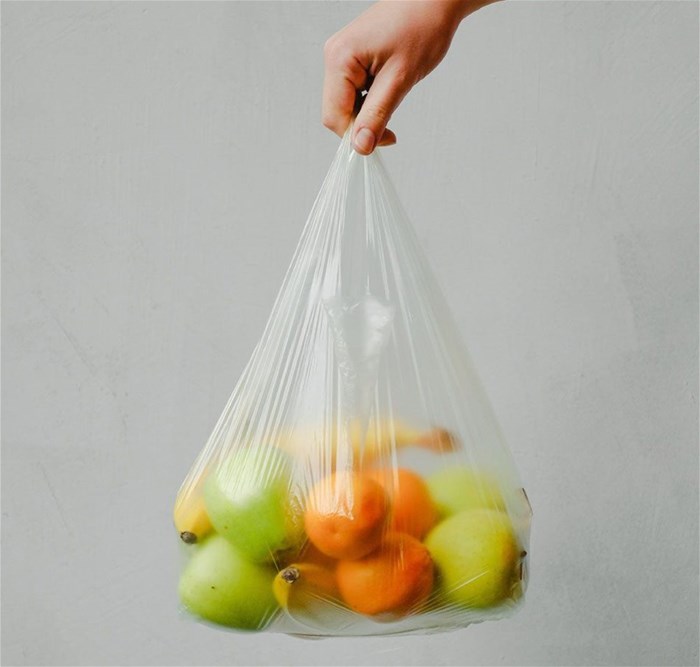
The South African GDP growth rate for the 1st quarter of 2023 was just 0,4%; and the latest unemployment numbers show that 32.9% of South African are unemployed (42.4%, by the expanded definition). As a result, according to World Bank figures, approximately 55.5% of the population is living at the national upper poverty line and 40% of households in the country face food insecurity.
The month of September has been designated to raise awareness of food losses and its reduction; to raise awareness, foster collective action, and drive innovative solutions to minimise the staggering amount of food wasted, both within local communities and globally.
According to a report jointly published by the Department of Science and Innovation and the Council for Scientific and Industrial Research (CSIR), approximately six million individuals out of the total population of 60.6 million people in South Africa endure hunger. This represents 11% of the population. Yet, an estimated 10.3 million tonnes of food and beverages are wasted annually, making up a significant 34.3% of local food production.
“Food and catering businesses have a crucial role to play in tackling the intricate challenges intertwined with food waste, and to support efforts to address the distressing reality that, while so much food goes to waste, we still have individuals going to bed hungry,” says Bradley Hall, from facilities management company – Servest Catering business unit.
Food waste raises a number of social and economic challenges, as food insecurity and sustainability are all interrelated. These include the loss of labour, capital, water, energy, land, and other resources used to produce food. It threatens the sustainability of food production. The United Nations estimates that lost and wasted food accounts for 38% of total energy usage in the global food system.
According to the United Nations Environmental Impact (UNEI) food losses at the farm level account for between 15% and 25% of total food waste. Many factors contribute to food waste, including inefficient processing, drying and storage of food, a lack of access to markets, and others.
According to Bradley, some of these challenges can be addressed by supporting local farmers.
“We have adopted several pro-local strategies,” he says. “For example, we only use fresh produce from local farmers for our remote clients. This means cost savings for clients, creates a market for local farmers to sell their produce and minimise food waste, in turn, offers customers a true ground-to-fork experience. Effective meal planning can also contribute towards reducing food waste.”
Catering businesses need to develop innovative practices to minimise food waste, as the current food waste numbers are appalling, especially given the economic realities of the majority of our population. There is a need to have efficient inventory management on food, portion control, and creative menu planning to curtail the volume of surplus food that often ends up as waste.
“We need strategies to actively reduce food waste and channel surplus food to those in need, to combat hunger. Also, we should cultivate partnerships with local farmers, as they can utilise a variety of methods to reduce waste, including improved inventory control, decreased overproduction, and the use of inventive methods such as composting, animal feeding, and fertilizing, among others” says Bradley.
The reality is, we currently have millions of people in the country going to bed hungry – this should be a very discomforting reality to all of us. Individuals and businesses have a crucial role to play in addressing this. We need to put effort into gathering food before its best-before-date and donating it to soup kitchens or homes for the needy before it goes bad. We can make a difference in building a more equitable food system, and make sure that no one goes to bed hungry.”